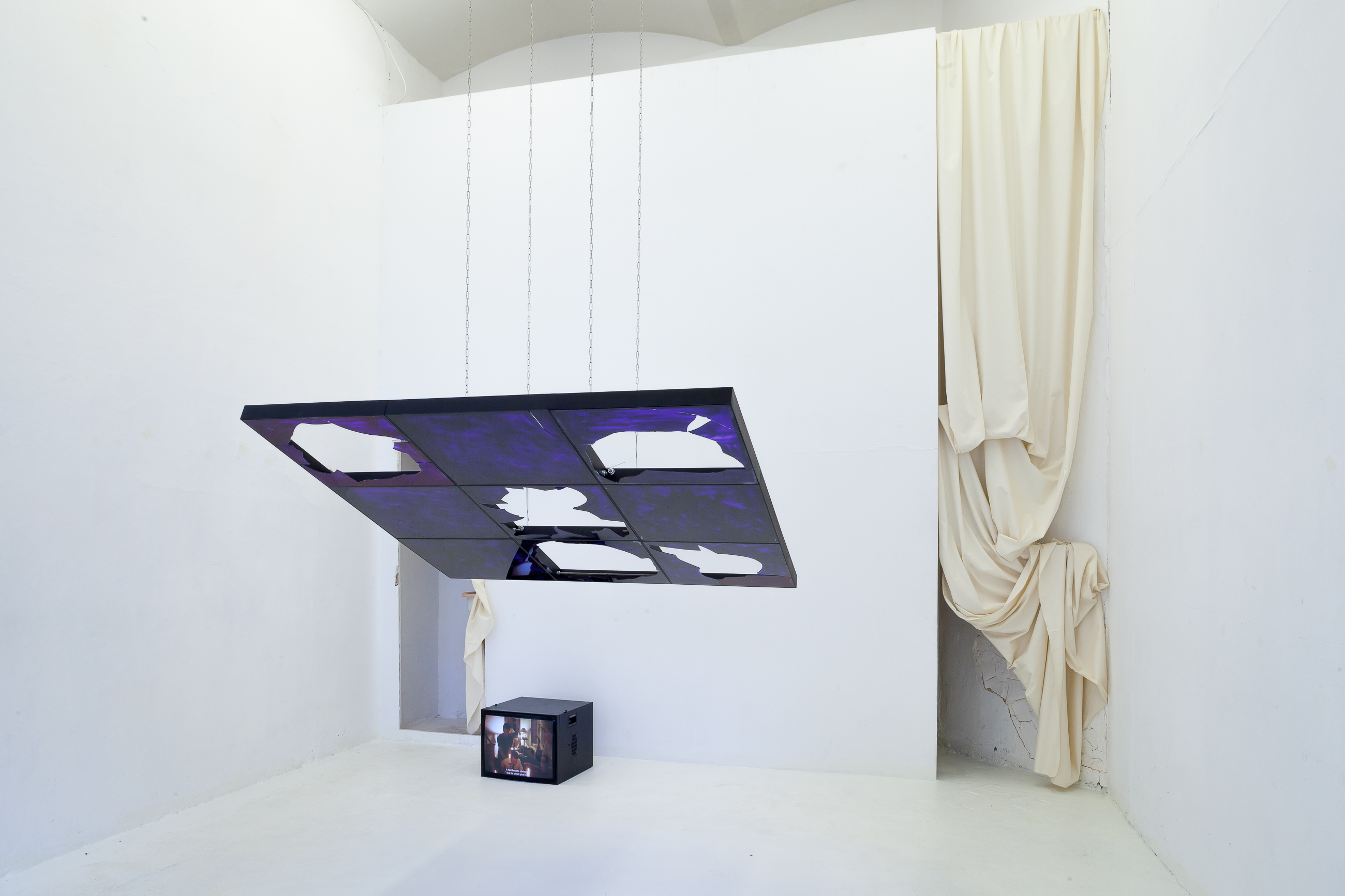 A l’endroit et à l’envers du temps, 2020
A l’endroit et à l’envers du temps, 2020Georg Kargl, Vienna
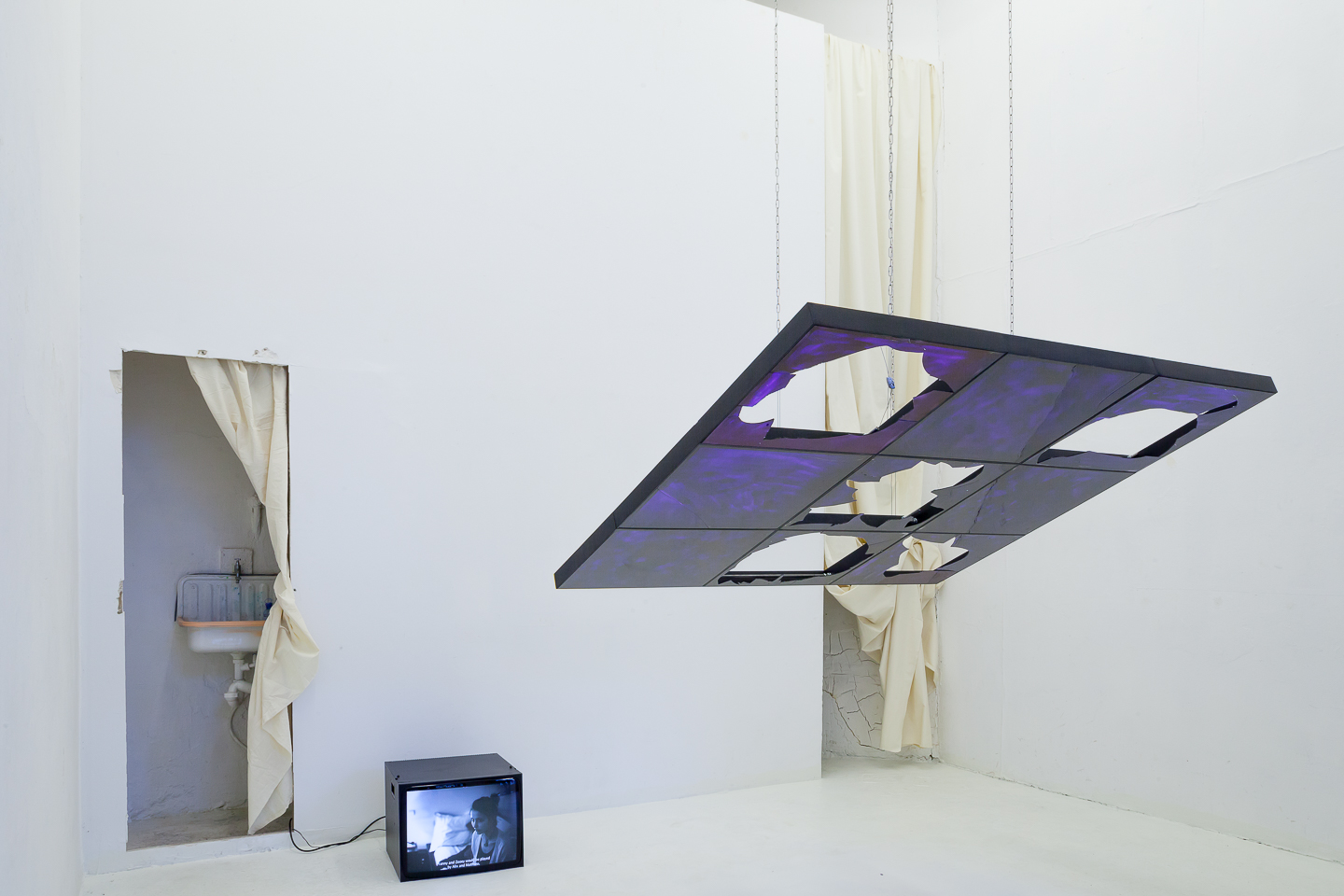 A l’endroit et à l’envers du temps, 2020
A l’endroit et à l’envers du temps, 2020Georg Kargl, Vienna
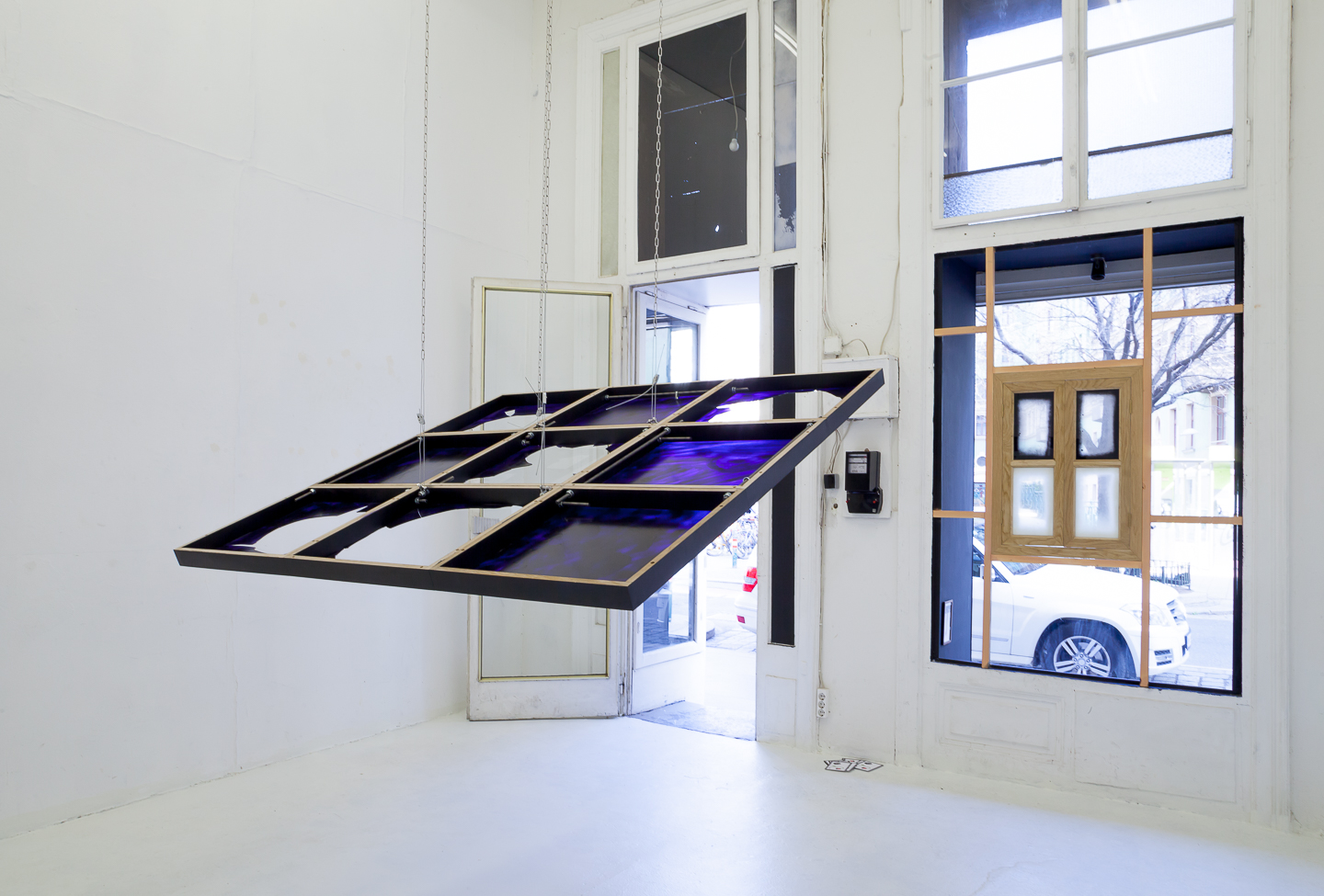 A l’endroit et à l’envers du temps, 2020
A l’endroit et à l’envers du temps, 2020Georg Kargl, Vienna
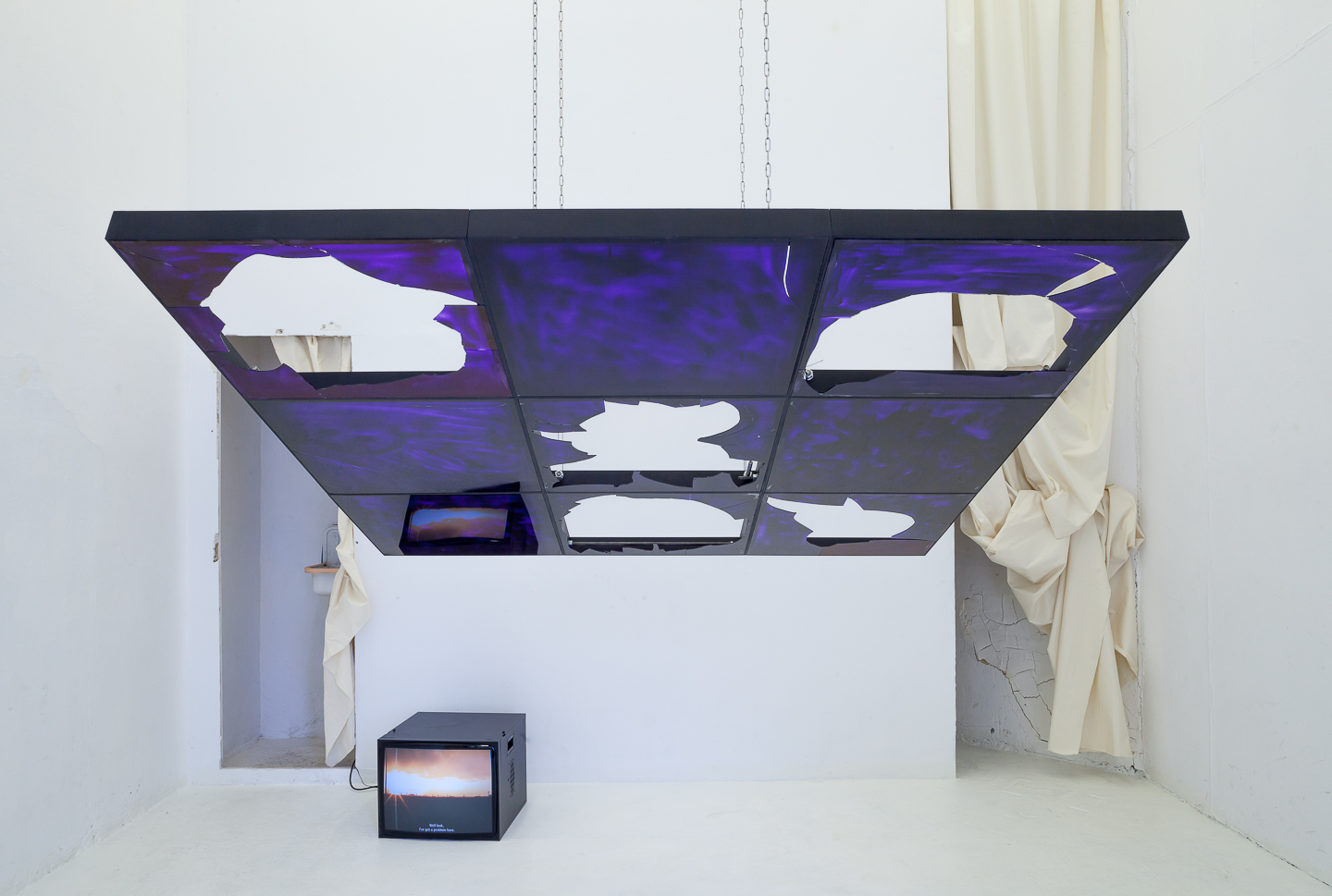 A l’endroit et à l’envers du temps, 2020
A l’endroit et à l’envers du temps, 2020Georg Kargl, Vienna
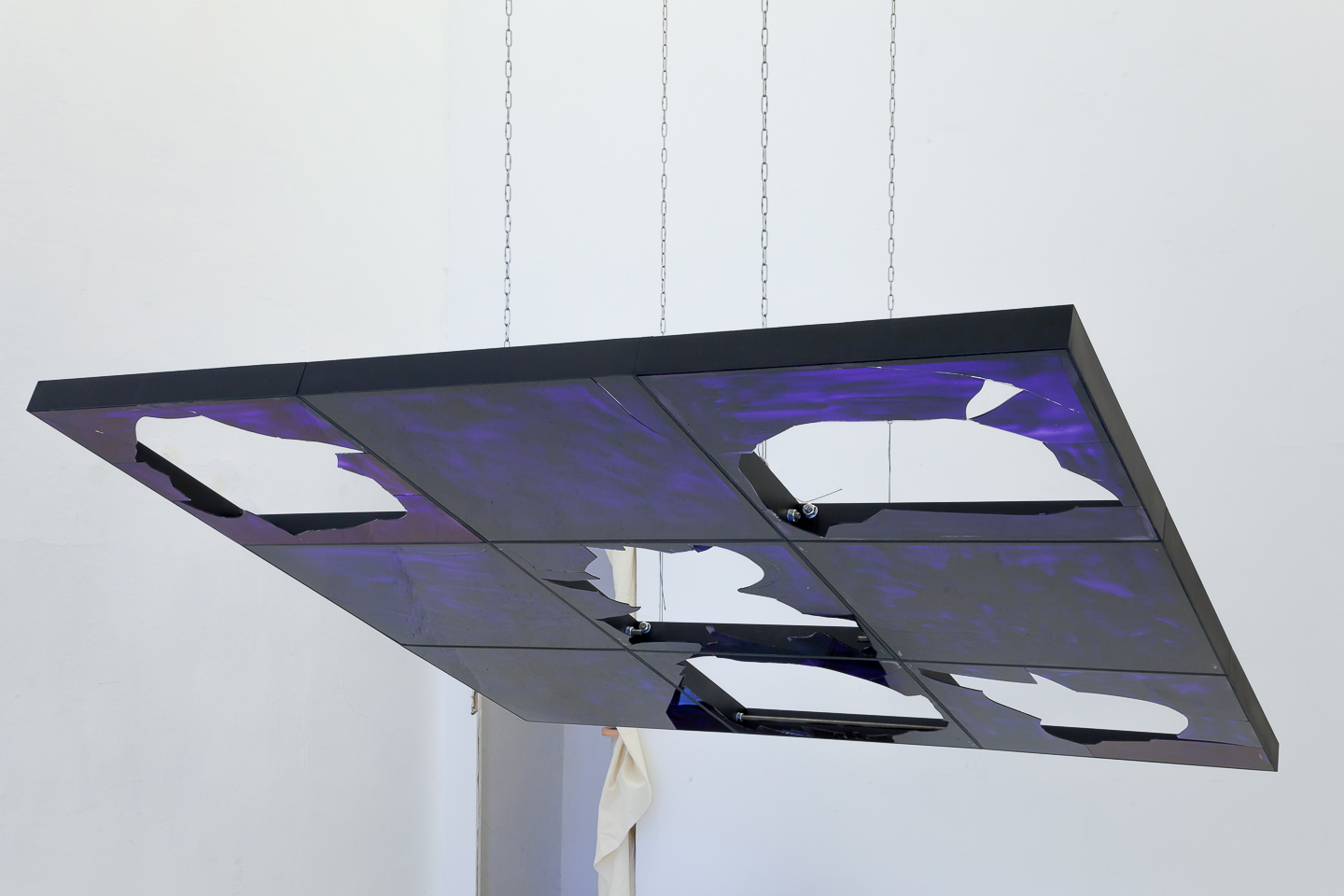 Antoine Donzeaud, Chandelier, dans le genre, 2020
Antoine Donzeaud, Chandelier, dans le genre, 2020MDF, stainless steel, glass, spray paint, hardware
Dimensions variable
Inquire
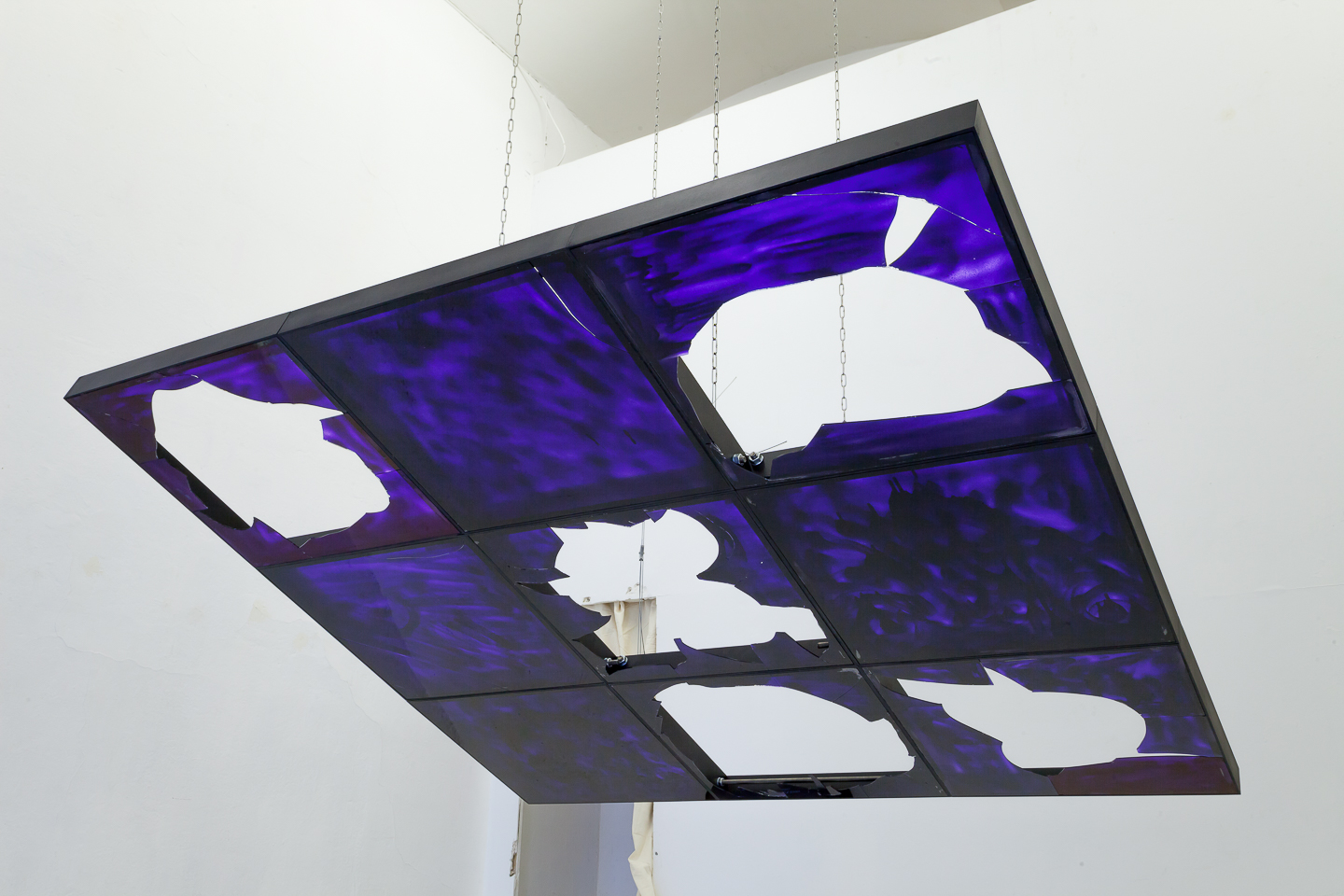 Antoine Donzeaud, Chandelier, dans le genre, 2020
Antoine Donzeaud, Chandelier, dans le genre, 2020MDF, stainless steel, glass, spray paint, hardware
Dimensions variable
Inquire
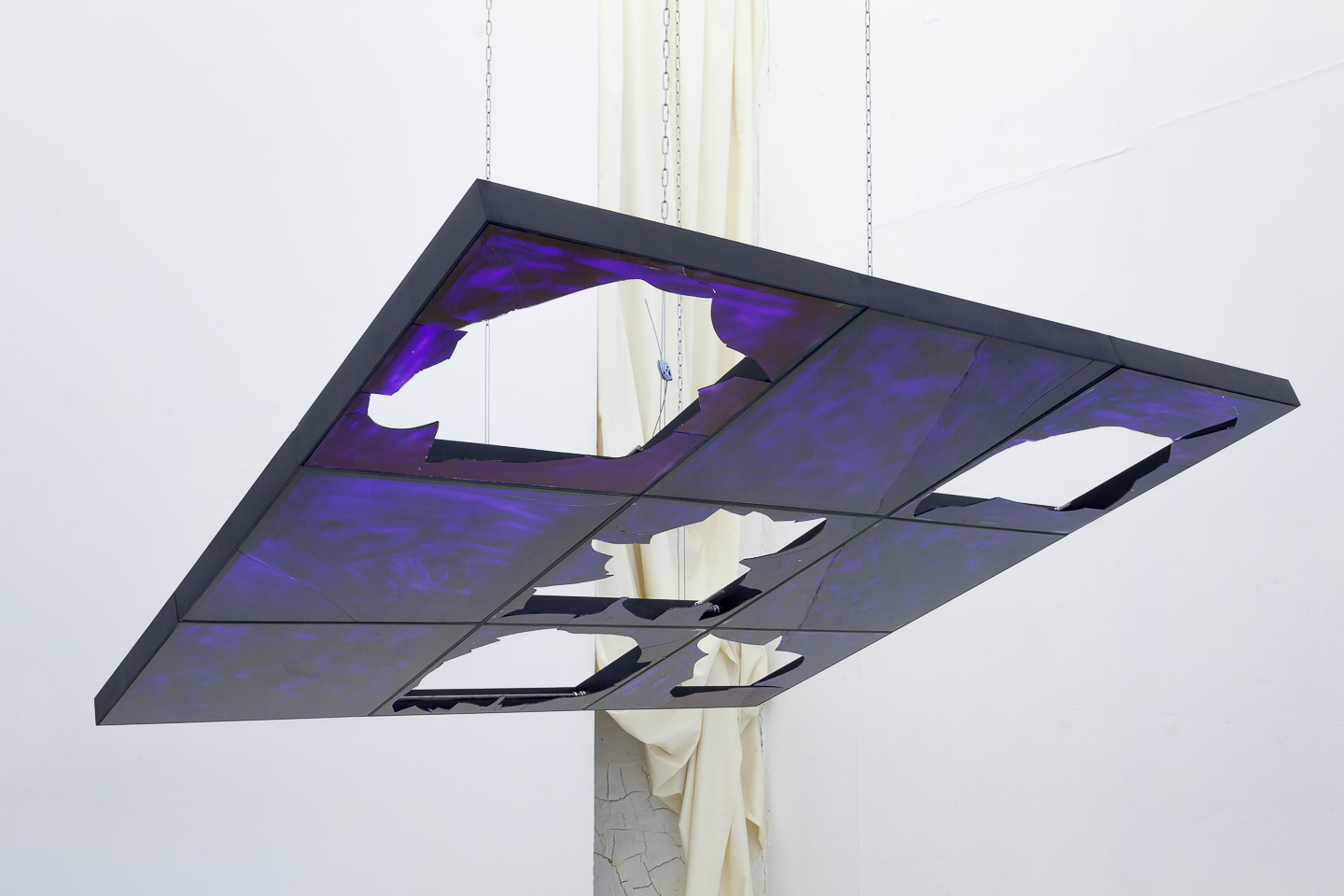 Antoine Donzeaud, Chandelier, dans le genre, 2020
Antoine Donzeaud, Chandelier, dans le genre, 2020MDF, stainless steel, glass, spray paint, hardware
Dimensions variable
Inquire
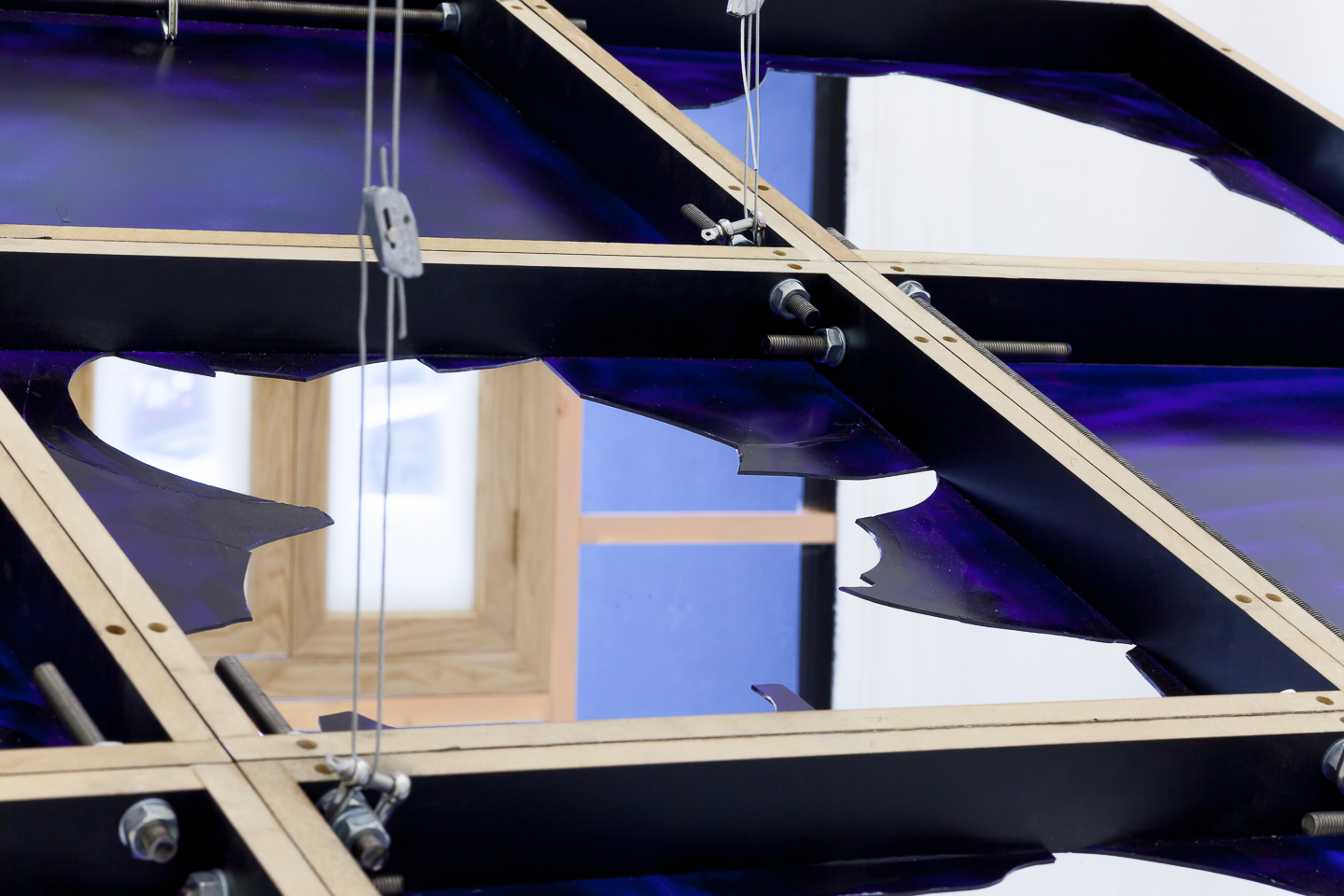 Antoine Donzeaud, Chandelier, dans le genre, 2020
Antoine Donzeaud, Chandelier, dans le genre, 2020MDF, stainless steel, glass, spray paint, hardware
Dimensions variable
Inquire
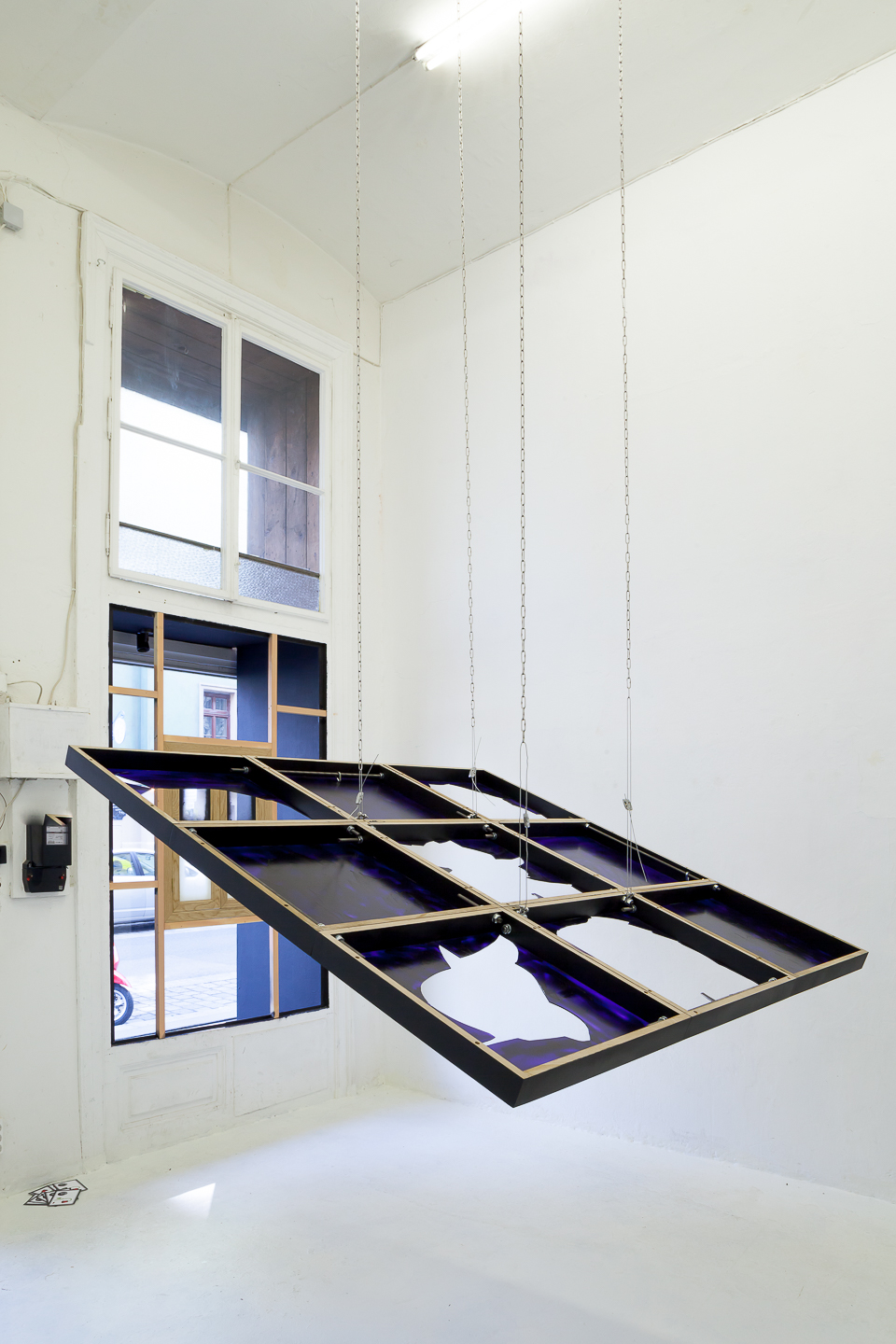 Antoine Donzeaud, Chandelier, dans le genre, 2020
Antoine Donzeaud, Chandelier, dans le genre, 2020MDF, stainless steel, glass, spray paint, hardware
Dimensions variable
Inquire
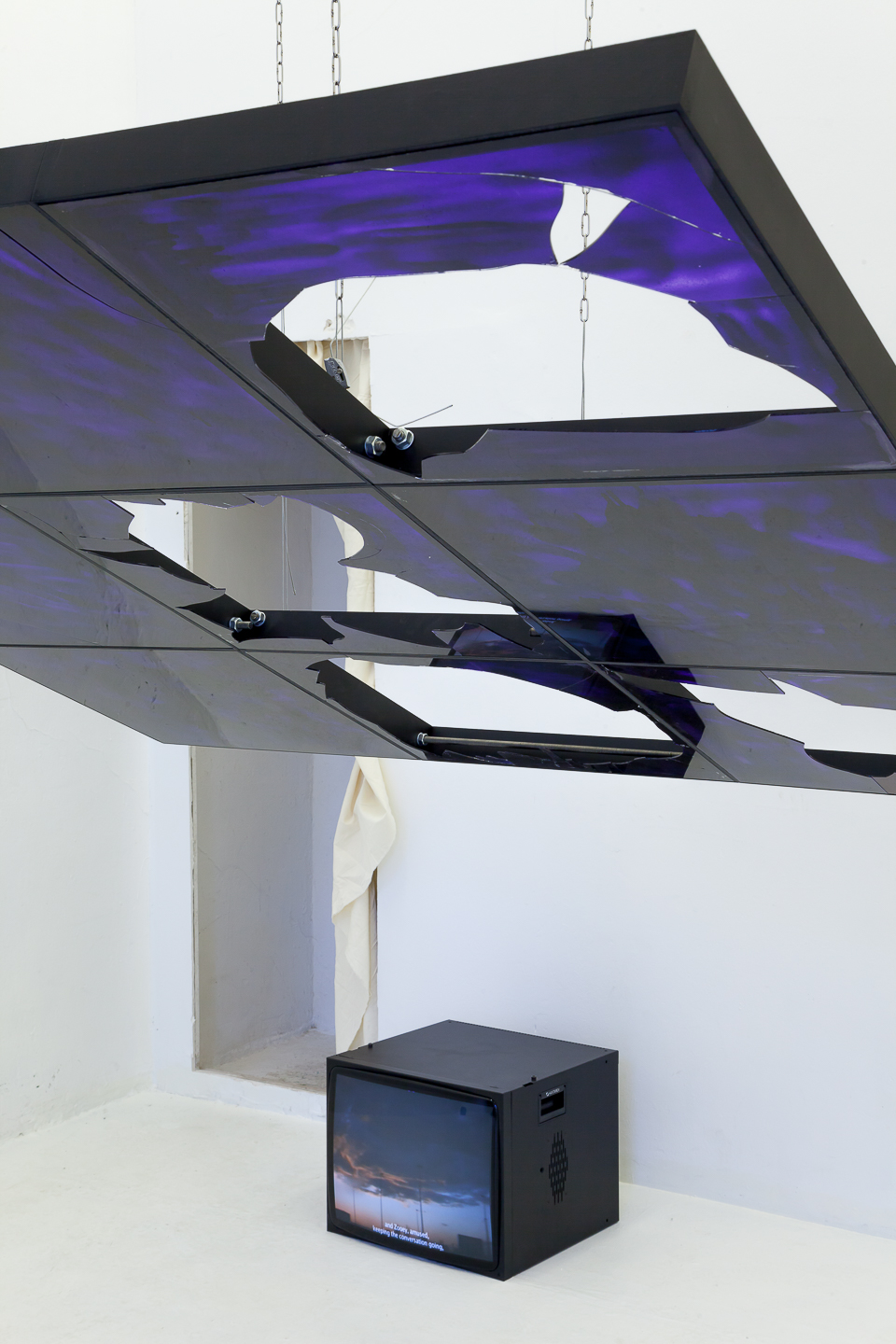 A l’endroit et à l’envers du temps, 2020
A l’endroit et à l’envers du temps, 2020Georg Kargl, Vienna
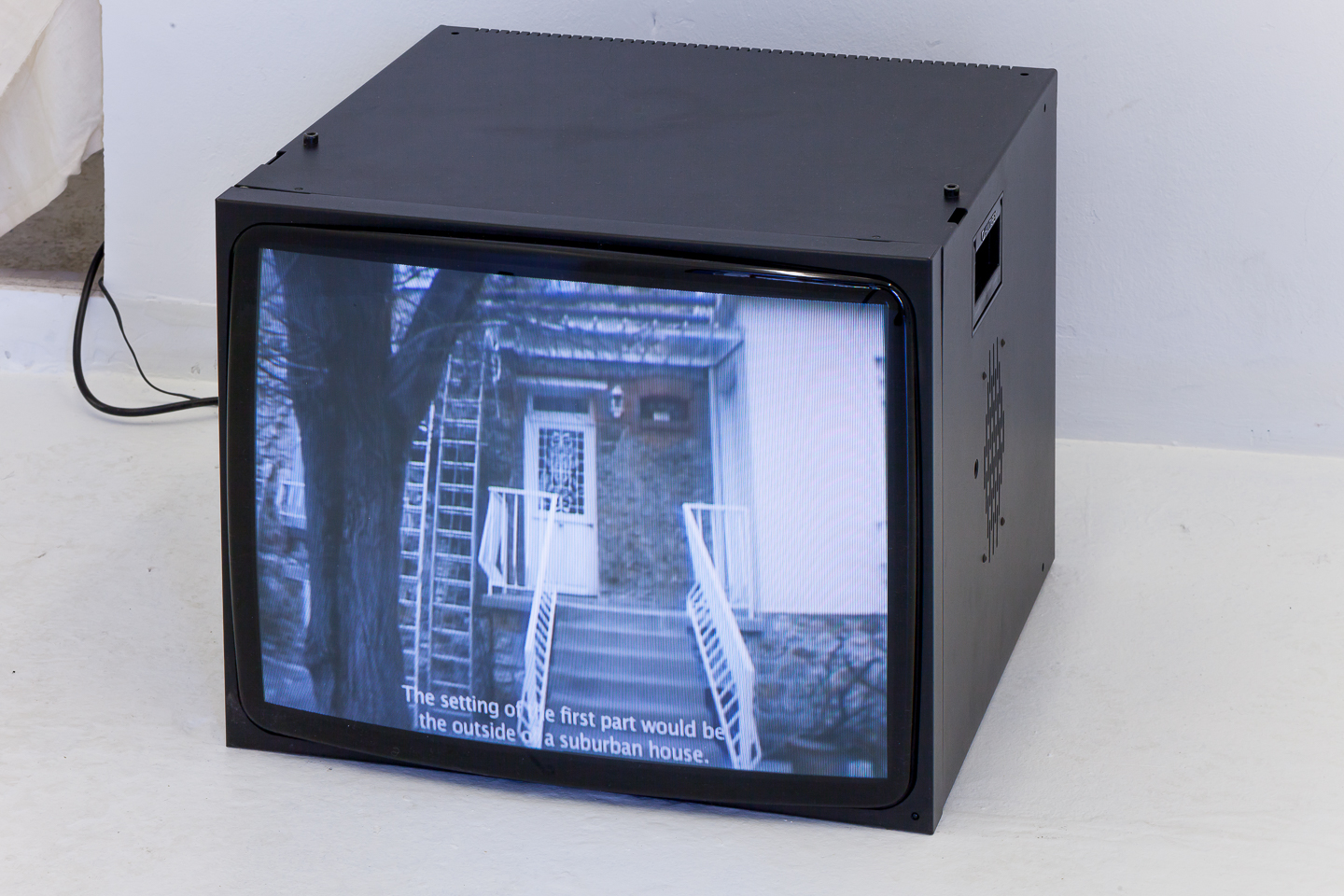 Antoine Donzeaud, Le chemin du pèlerin, 2008
Antoine Donzeaud, Le chemin du pèlerin, 2008DV cam, sound
5’19’’
Inquire
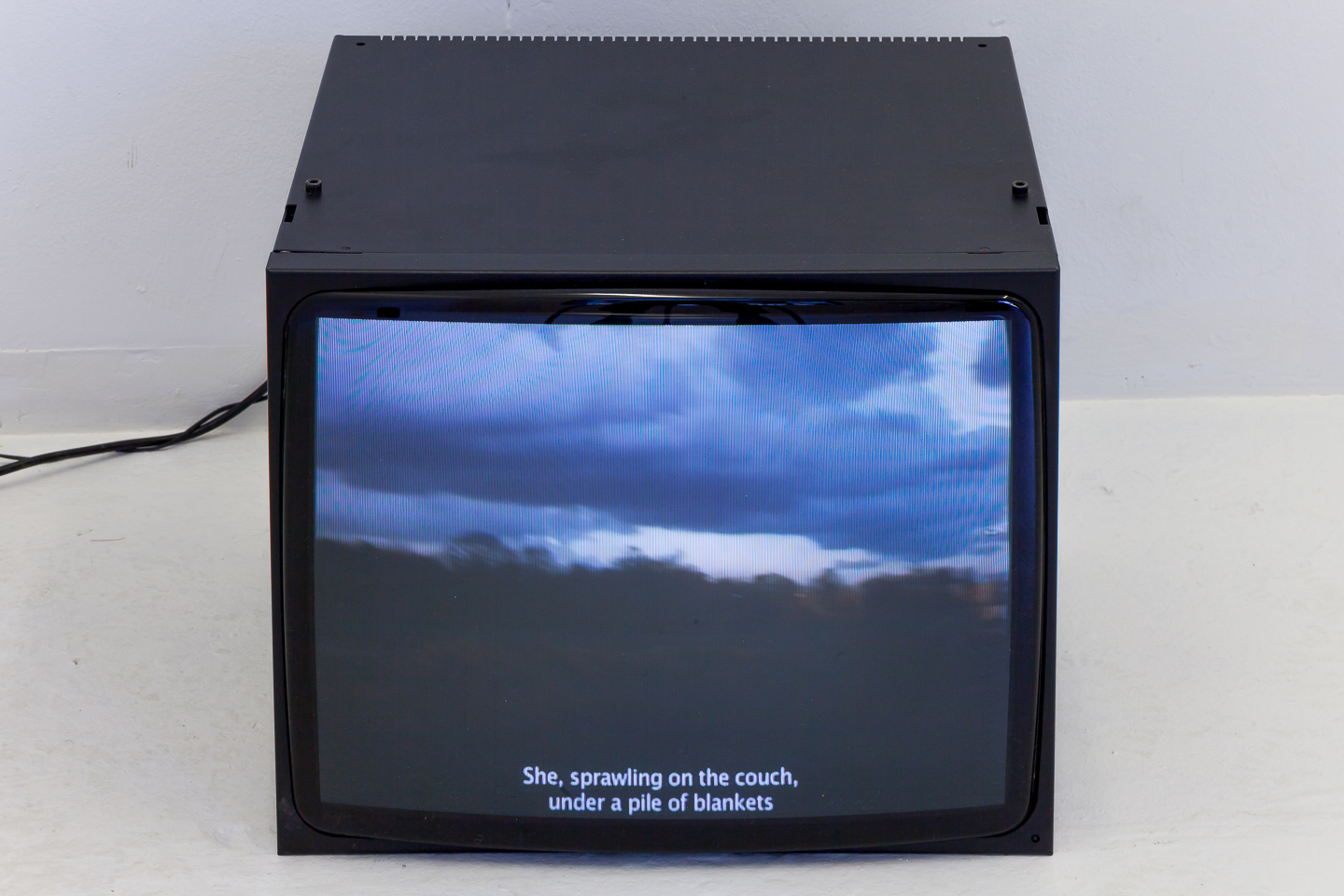 Antoine Donzeaud, Le chemin du pèlerin, 2008
Antoine Donzeaud, Le chemin du pèlerin, 2008DV cam, sound
5’19’’
Inquire
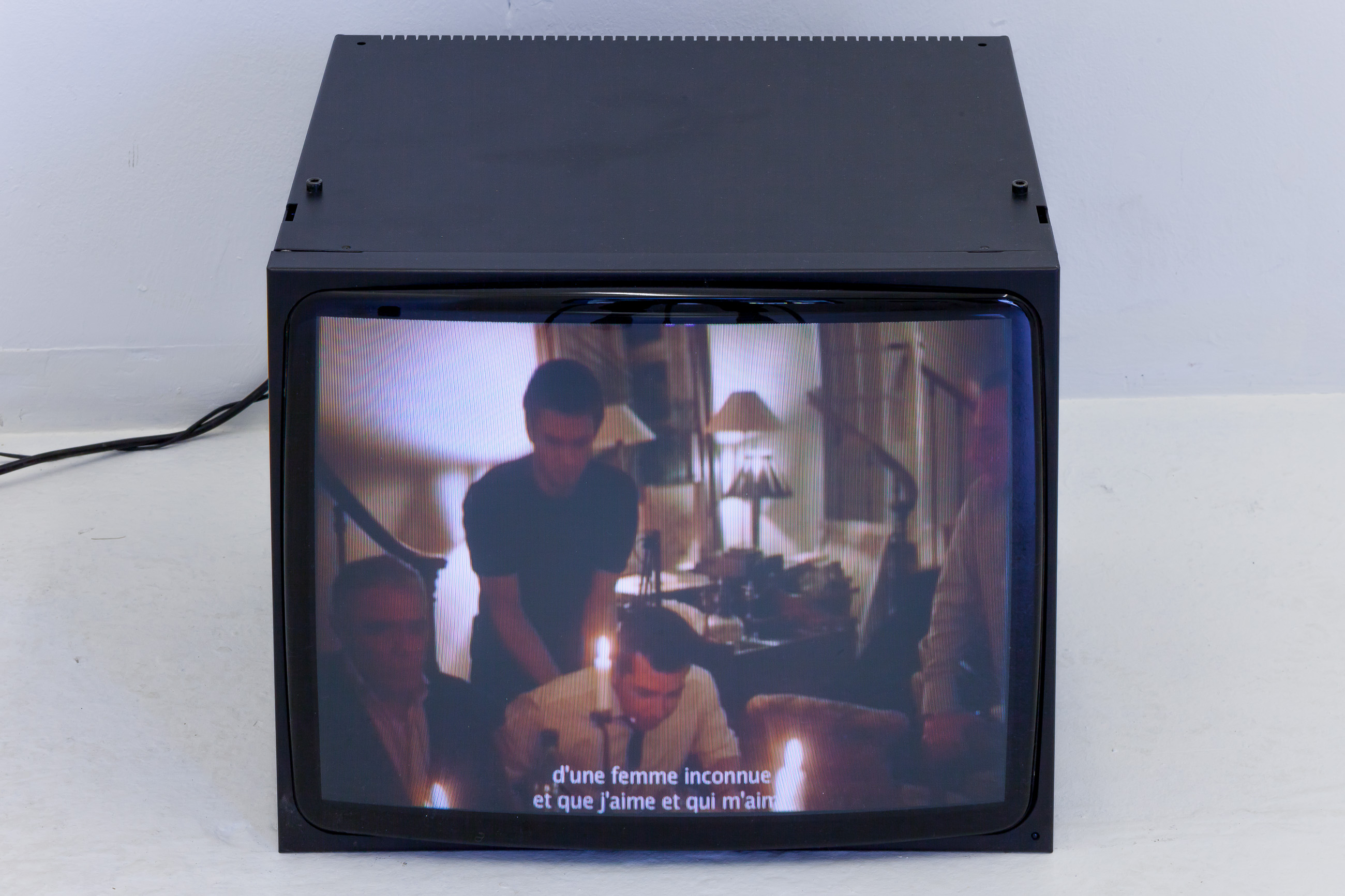 Antoine Donzeaud, Le chemin du pèlerin, 2008
Antoine Donzeaud, Le chemin du pèlerin, 2008DV cam, sound
5’19’’
Inquire
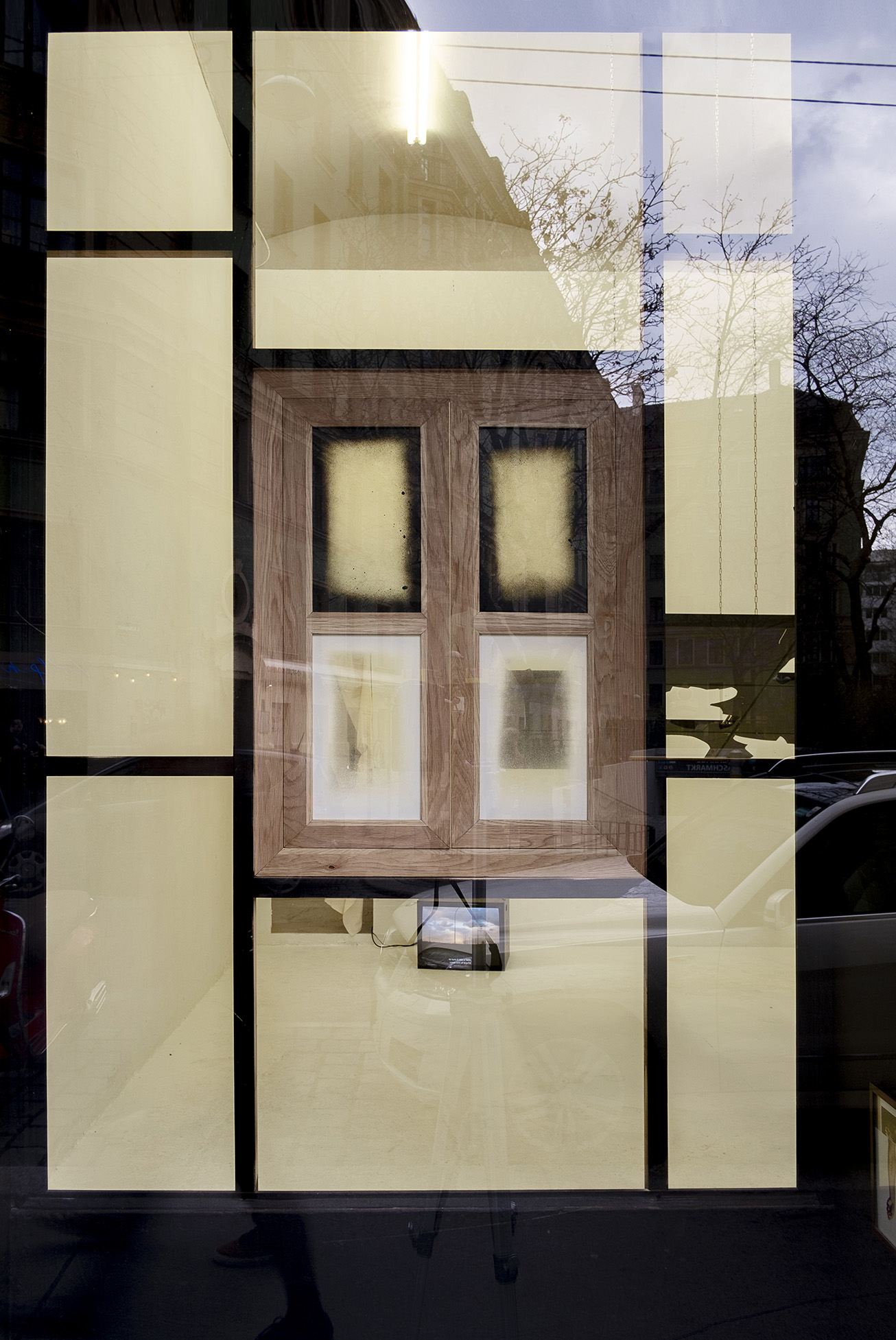 Antoine Donzeaud, Fenêtre sur l’aube ou le crépuscule, 2020
Antoine Donzeaud, Fenêtre sur l’aube ou le crépuscule, 2020Oak, glass, spray paint, brass
86 x 65 cm
Inquire
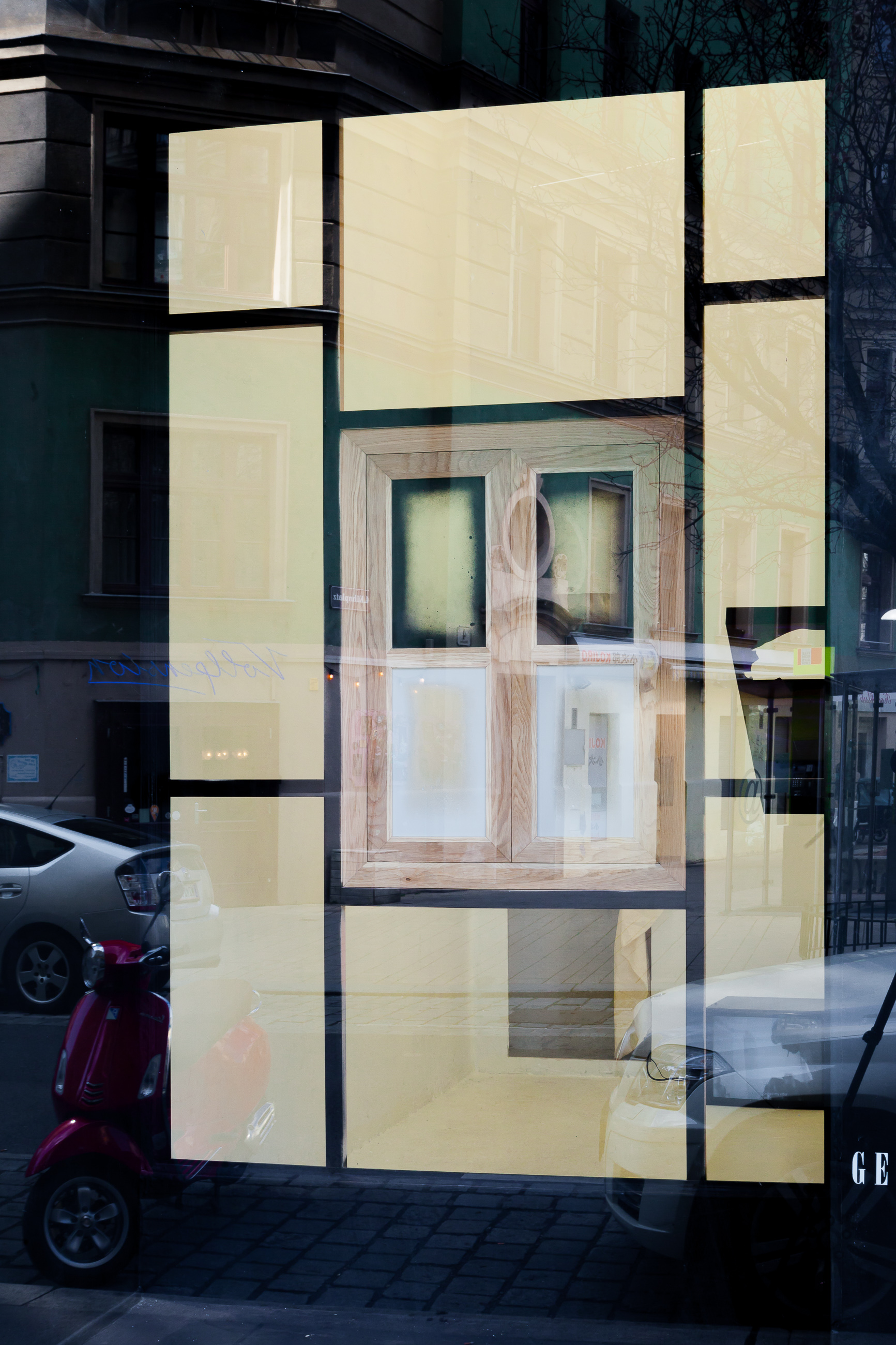 Antoine Donzeaud, Fenêtre sur l’aube ou le crépuscule, 2020
Antoine Donzeaud, Fenêtre sur l’aube ou le crépuscule, 2020Oak, glass, spray paint, brass
86 x 65 cm
Inquire
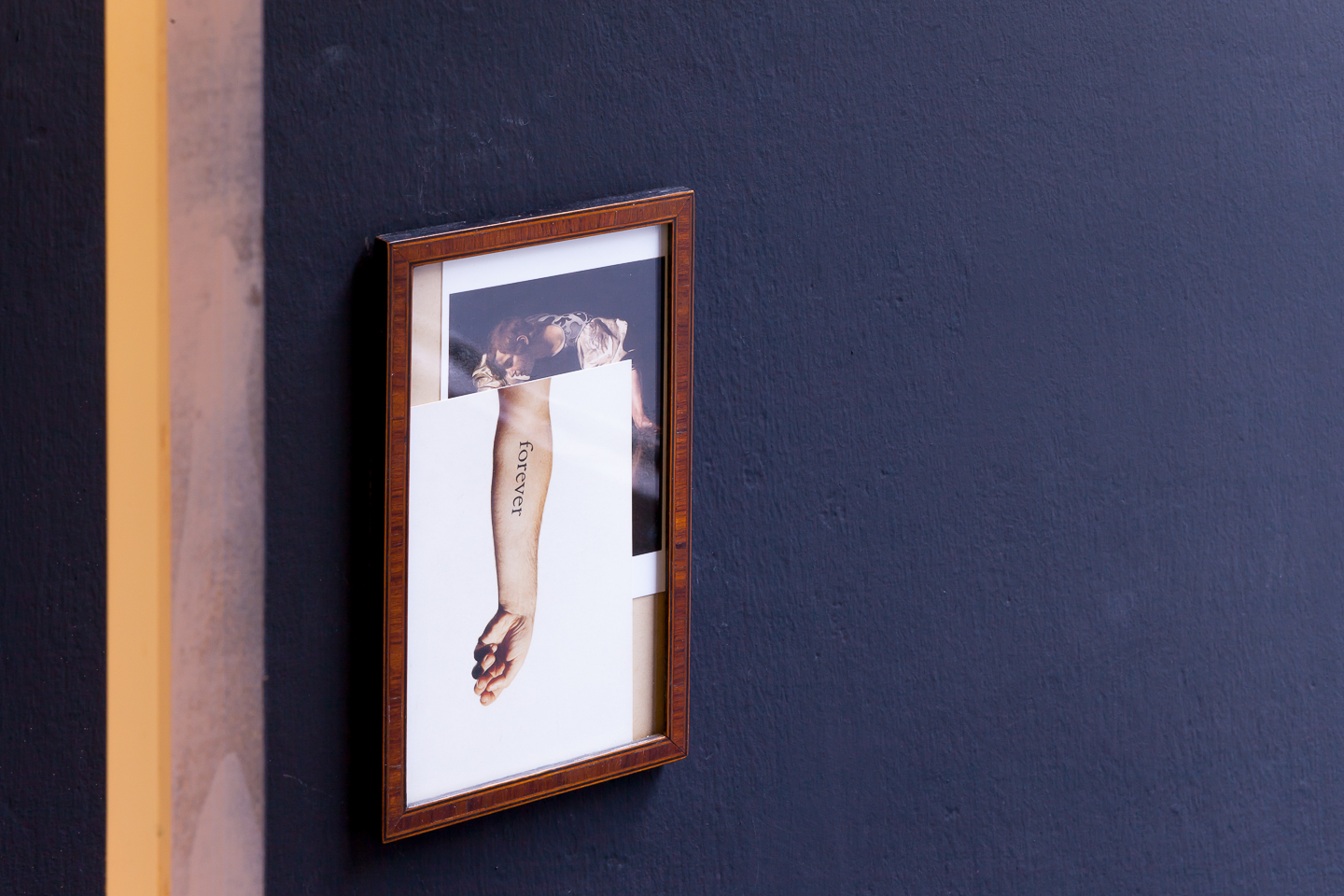 Antoine Donzeaud, Résistances affectives forever, 2020
Antoine Donzeaud, Résistances affectives forever, 2020Postcard collage, vintage frame
22 x 15 cm
Inquire
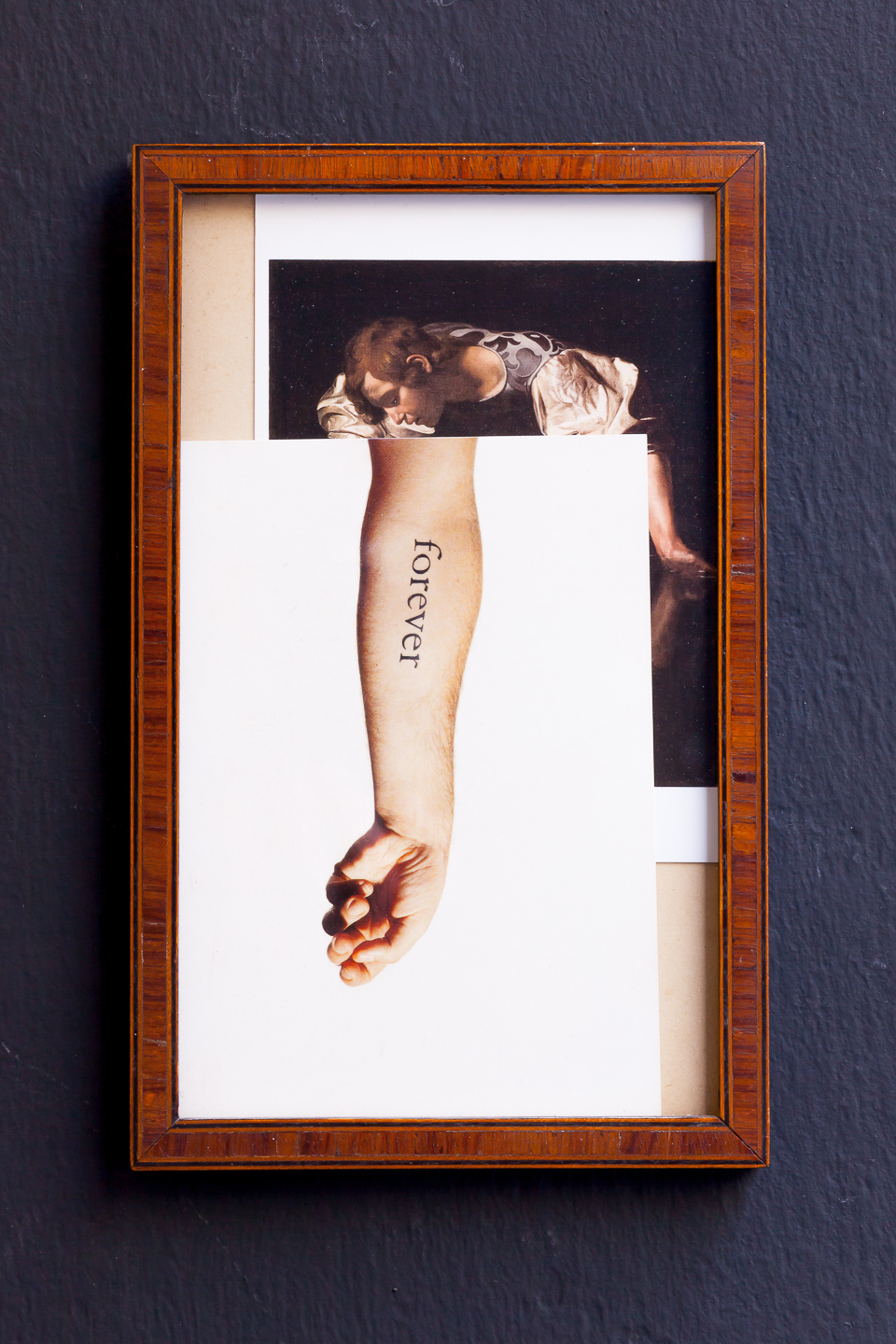 Antoine Donzeaud, Résistances affectives forever, 2020
Antoine Donzeaud, Résistances affectives forever, 2020Postcard collage, vintage frame
22 x 15 cm
Inquire
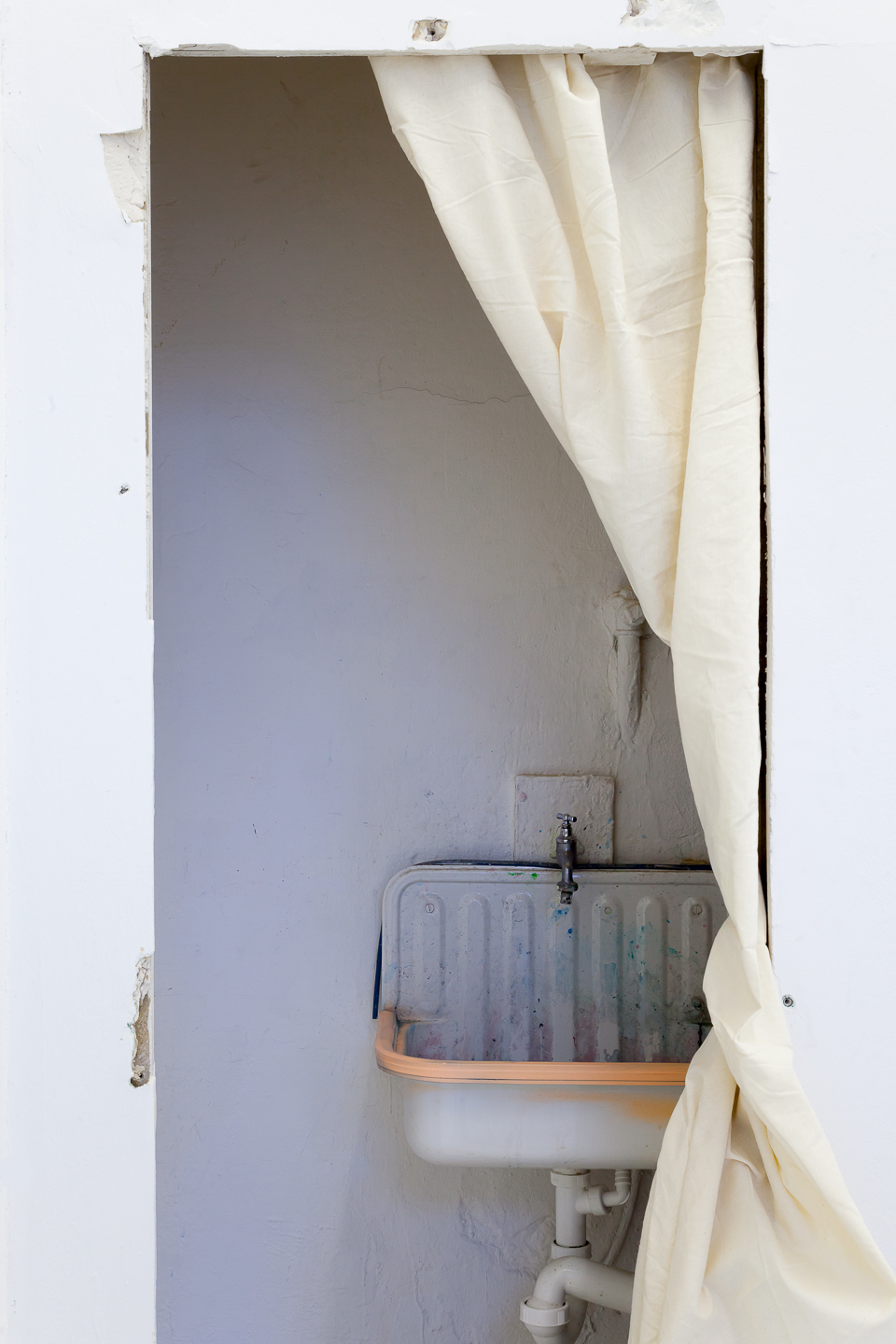 Antoine Donzeaud, The house that was, 2020
Antoine Donzeaud, The house that was, 2020Spatial cut-out, cotton, wood
Dimensions variable
Documentation on ofluxo.net
À l’endroit et à l’envers du temps
we’ve got time
All works of art are like a window open to creation; a kind of transparent screen is mounted in the window frame; through this screen, objects appear more or less distorted, as they undergo greater or smaller changes in their lines and colors. These changes depend on the nature of the screen; thus, creation is no longer credible or realistic, as creation is transformed by the medium through which the image passes1.
In Salinger’s Teen Novel, Zooey2 looks out the window and watches a little girl playing with her dog. He says: „There are nice things in this world, we are all such morons to get so sidetracked”. The window appears as a vantage point to gaze into other people’s (beautiful) lives.
In Emma’s3 house, the window is tantamount to a screen, where she can project her fantasies (which shall never turn into reality); a dissociation; a tie between the external space and the interior space; two sides; two perspectives; a facial expression reflects in the window glass, while a view outside turns into an expectation; „There it was before her – life”.
To the Lighthouse4; a family observes as the days pass and their lives develop through a window; outside the window; a distant object – apparently unobtainable, reveals yearnings, frustrations and desires; the sun sets; days go by; images, impressions and sentiments remain as fragments of the past and sometimes the present.
There is no window without a story; for the window is an architectural work of art, that stores memories and tells different sides of one particular story.
There is no window without a screen; a certain gaze or a plain glass is always in between; a created separation; as time passes, the window becomes a symbol for contemporary longings and memories of past days; a cracked screen; a broken window; capable to reveal one’s inner feelings; sometimes hidden behind a bunch of curtains, that once belonged to a (familiar) home.
A-M T
1. Naomi Schor (1969): Zola: from window to window
2. J.D Salinger (1961): Franny and Zooey
3. Gustave Flaubert (1856): Madame Bovary
4. Virginia Woolf (1927): To the Lighthouse